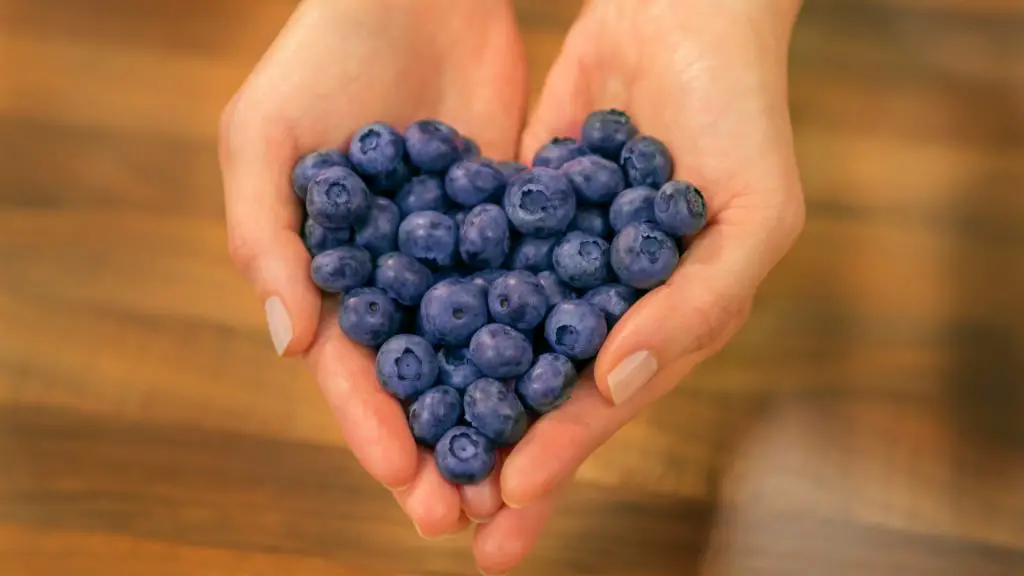
Can Guinea Pigs Eat Blueberries? (Benefits, Risks, Serving Size & More) Guinea Pig Tube
Aside from blueberries, there are a variety of safe fruits for guinea pigs to snack on, including strawberries, grapes, blackberries, bananas, raspberries, and apples. 1. Strawberries. Strawberries are a safe and healthy fruit for guinea pigs to enjoy. They contain essential vitamins, such as vitamin C, which is beneficial for their overall health.
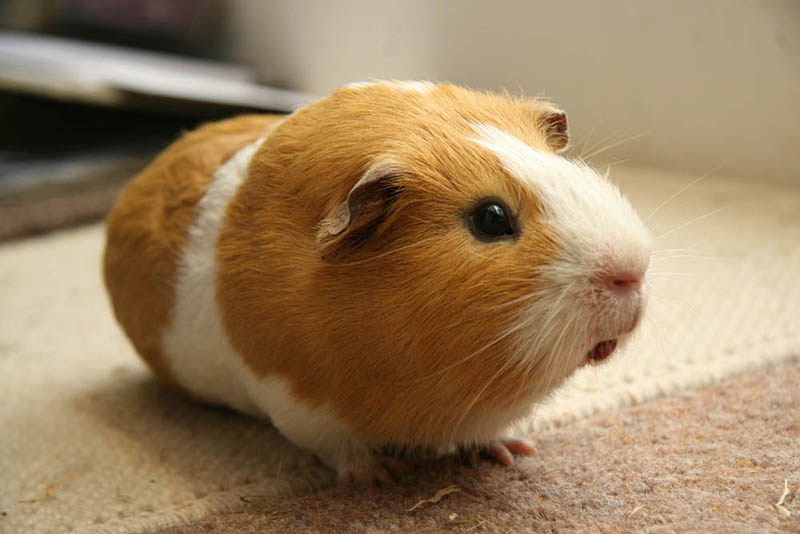
Can guinea pigs eat blueberries
The quick answer is "yes!" Guinea pigs can eat blueberries and as sweet treats go, they're among the best. Don't run for the fridge just yet though; there's a little more information to be aware of. Keep reading to learn all about blueberries for guinea pigs. Blueberry Nutrition Stats
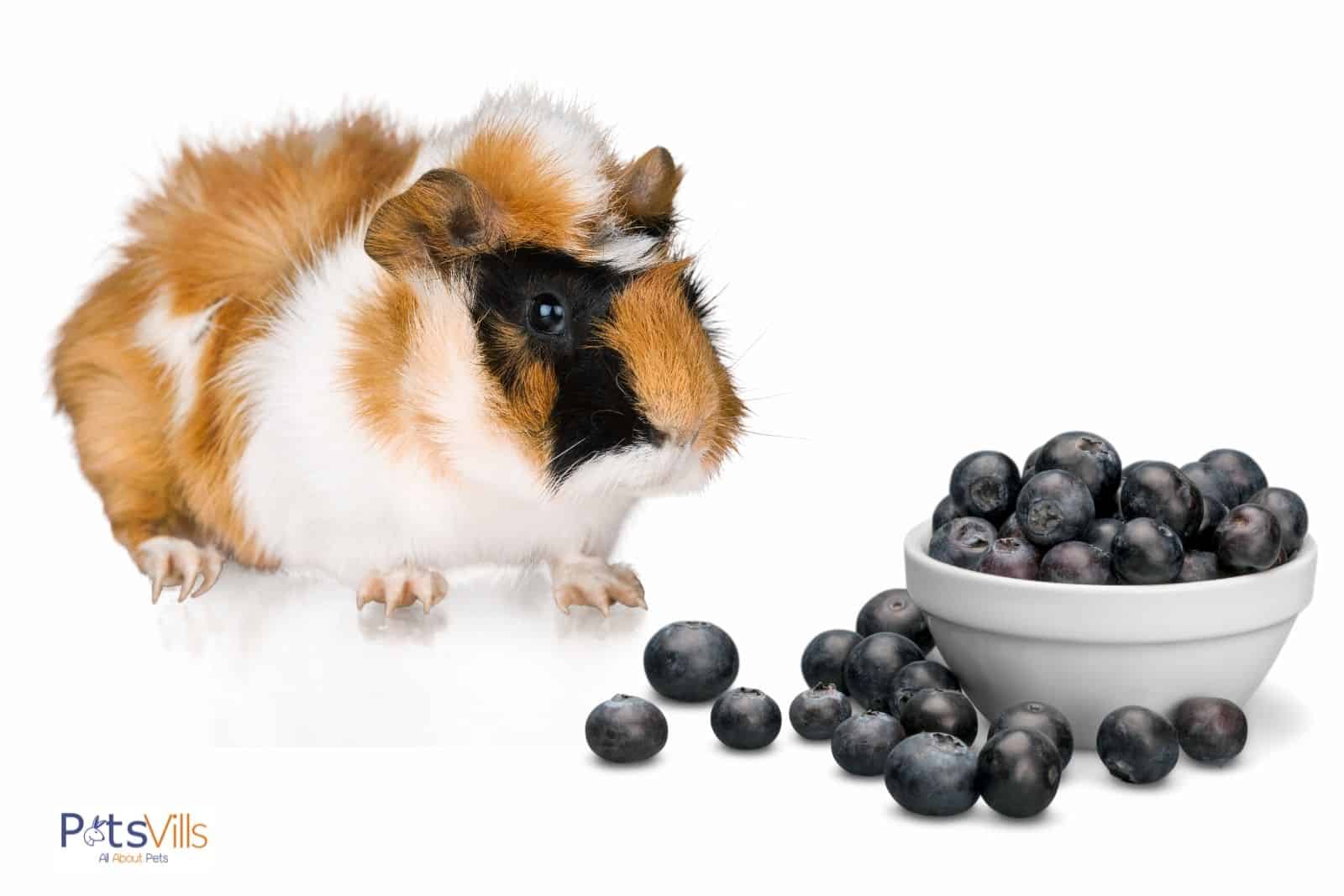
Can Guinea Pigs Eat Blueberries? (Benefits, Risks & More)
The short answer is that yes, you can feed blueberries to guinea pigs! VCA Animal Hospitals notes that fruits for guinea pigs can be occasional treats and only in small amounts. Blueberries come with health benefits. However, remember that guinea pigs have different dietary needs than people.
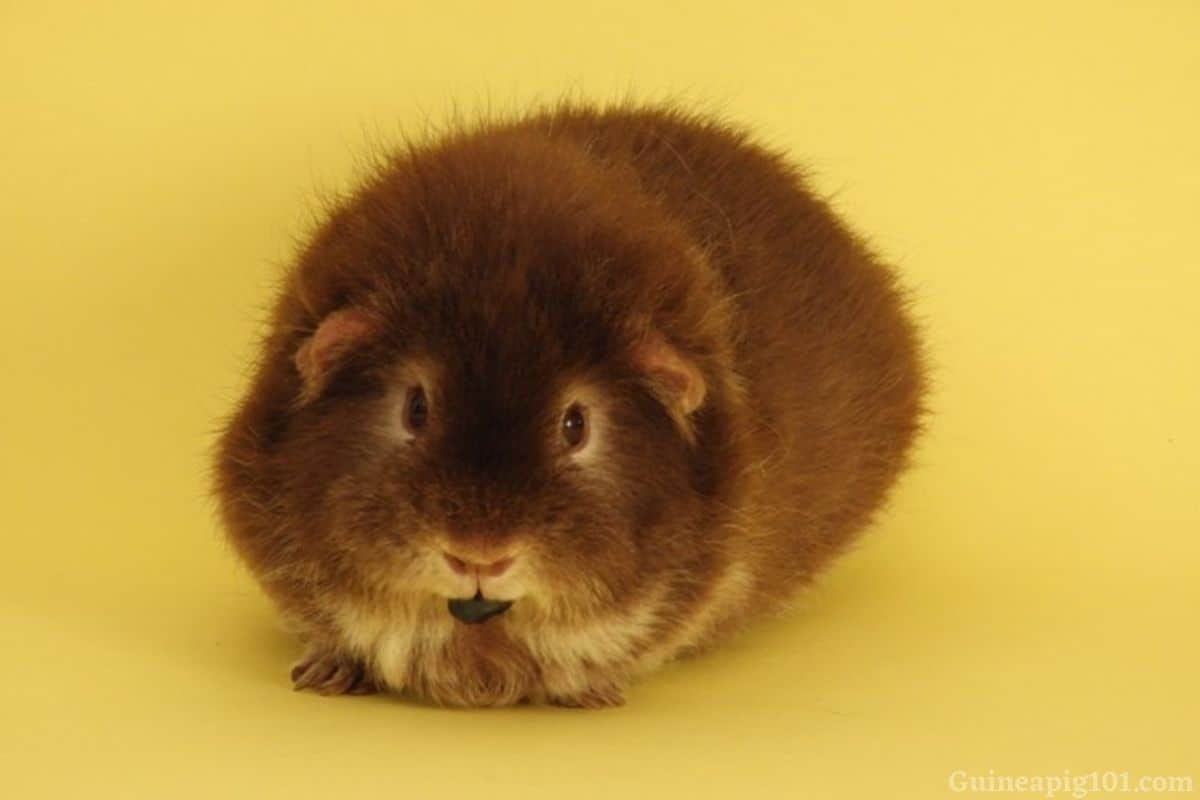
Can Guinea Pigs Eat Blueberries? (Serving Size, Benefits & Hazards)
Can Guinea Pigs Eat Blueberries? 0 Comments Jump to How-To Guinea pigs like to snack on a lot of different tasty treats, many of which you can find in your kitchen and fridge. One of those tempting foods may be the blueberries hanging out in your produce drawer of your refrigerator. But can guinea pigs eat blueberries?
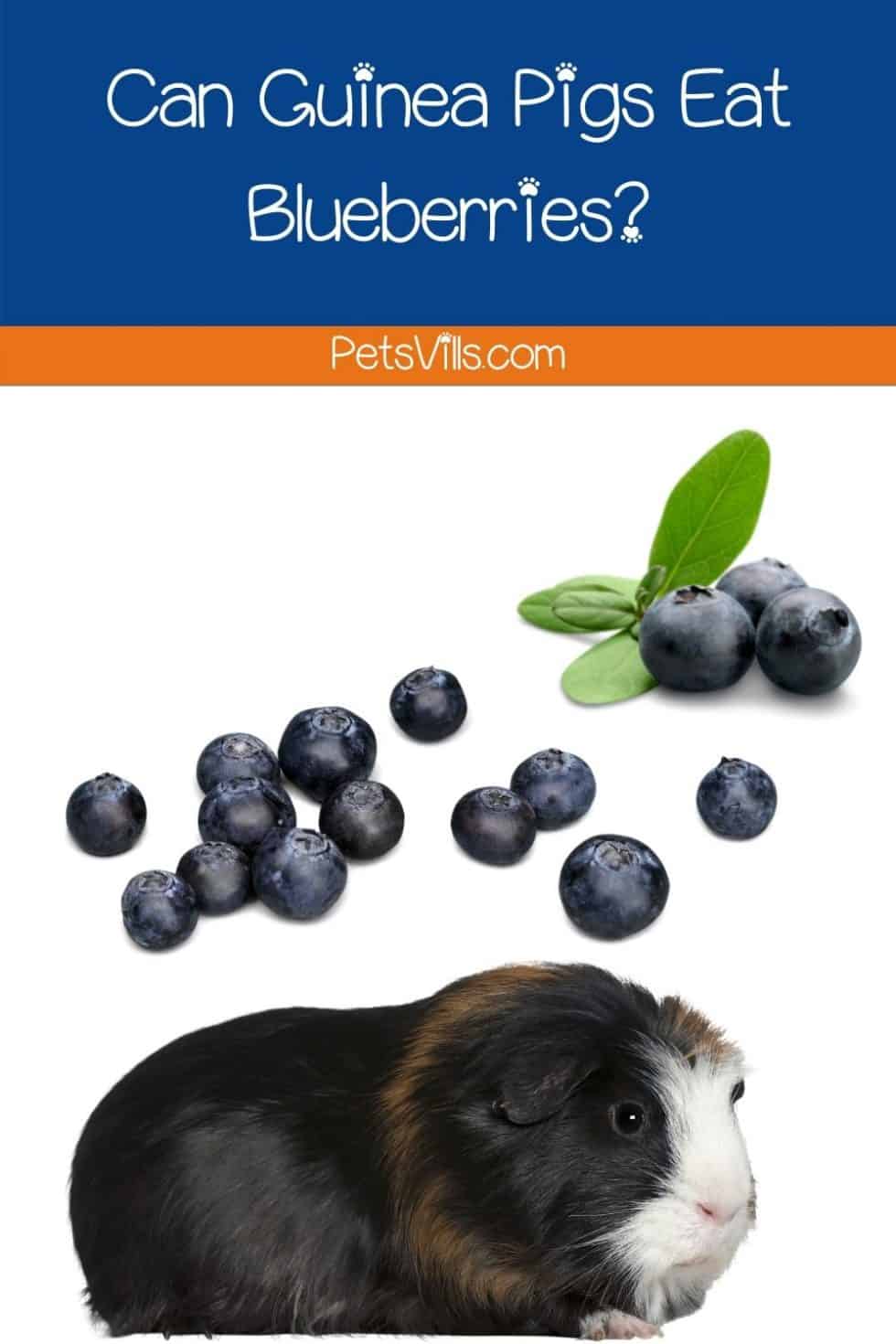
Can Guinea Pigs Eat Blueberries? (Benefits, Risks & More)
Guinea pigs can eat blueberries. Blueberries contain antioxidants and vitamins, which makes them an excellent choice for your guinea pig. But at the same time, blueberries are acidic and contain a lot of sugar, due to which we can serve them in a tiny quantity. Although guinea pigs can eat blueberries, it is not suitable for all guinea pigs.
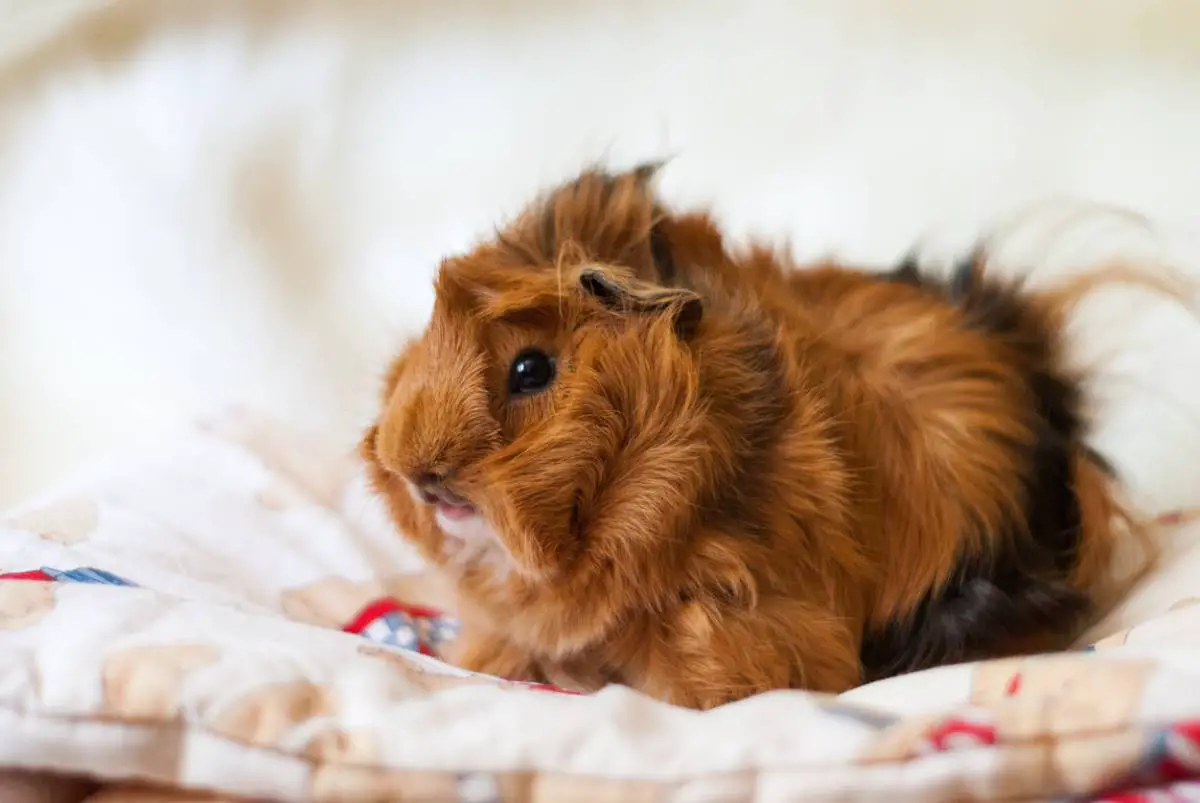
Always take it slow when introducing new food to your guinea pig. Cavies have sensitive
Yes, guinea pigs can eat blueberries. Blueberries are great for guinea pigs because they are packed with antioxidants and vitamins. But at the same time, blueberries are acidic and high in sugar, so they can be consumed in small amounts. Guinea pigs can eat blueberries, but they are not suitable for all guinea pigs.

"Guinea Pigs & Blueberries" Sticker by DracoJane Redbubble
Can Guinea Pigs Eat Blueberries? Blueberries are rich in various vitamins and minerals, including Vitamin C. They are also one of the most popular favorite foods for guinea pigs. I have 13 piggies and they all excitedly devour any blueberries I offer them. Additionally, blueberries are one of the highest antioxidant foods on the planet.
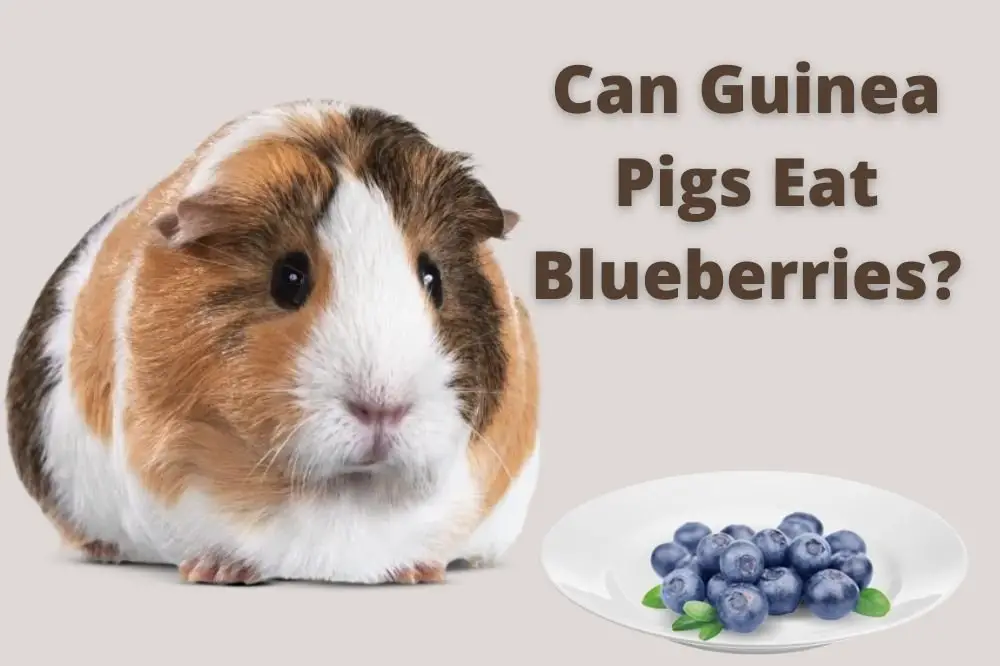
Can Guinea Pigs Eat Blueberries? AtractivoPets
The antioxidants in blueberry leaves are powerful. Eating the leaves will help Guinea pigs gain even more from blueberries. What's more, Guinea pigs love leafy vegetables, so these leaves will be a treat for them. How To Feed Guinea Pigs Blueberries Preparing blueberries for Guinea pigs is a straightforward task.
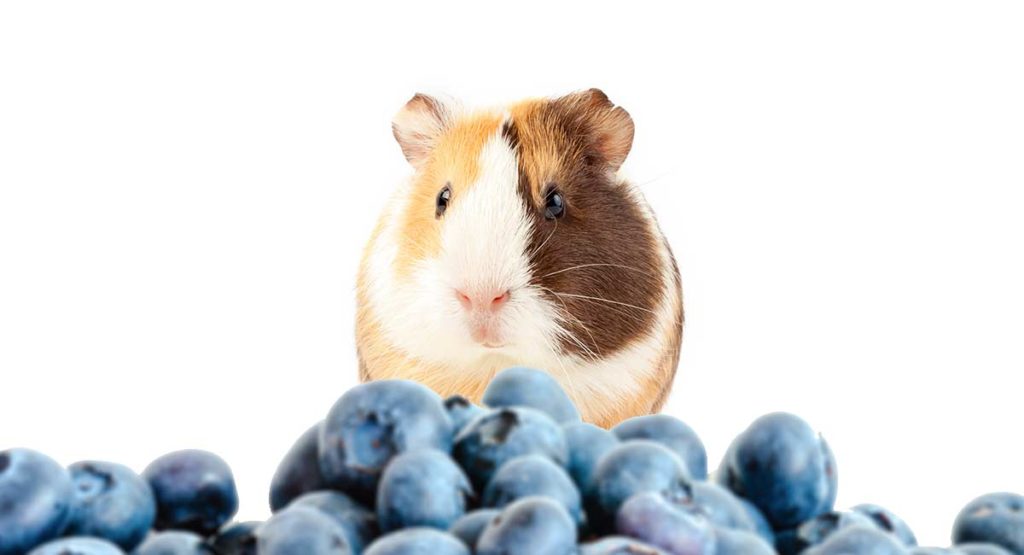
Can Guinea Pigs Eat Blueberries Or Should They Be Avoided?
For guinea pigs, blueberries should be given in small serving sizes and only twice a week. Guinea pigs need vitamin C in their daily diet. Since they can't synthesize or store this vitamin by themselves, they need to receive it through blueberries and other vitamin C-rich foods. In the following sections, you will find out if blueberries are.
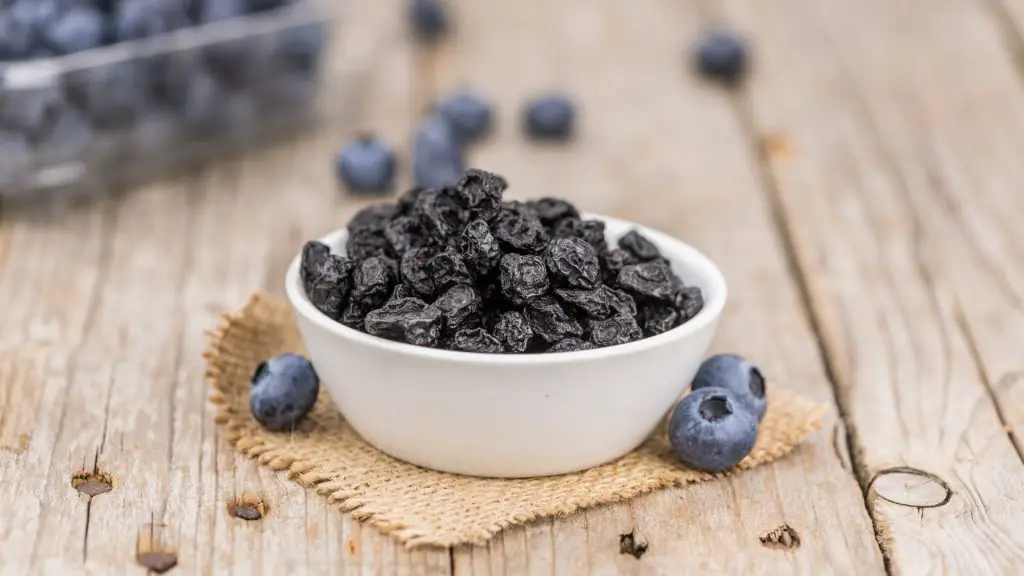
Can Guinea Pigs Eat Blueberries? (Benefits, Risks, Serving Size & More) Guinea Pig Tube
Blueberries are a good source of Vitamin C for humans. However, since guinea pigs can only eat a few blueberries at a time, these berries do not provide a significant amount of Vitamin C for piggies. According to the USDA food database, five berries provide about 0.66mg of Vitamin C. Most guinea pigs require an average of 10-30mg per day.

Can Guinea Pigs Eat Blueberries? (Benefits, Risks & More)
Guinea pigs can safely eat blueberries, but you have to introduce them slowly and in small amounts. The recommended serving size is one or two small blueberries, twice a week. Feeding too many can cause digestive issues. Wash them thoroughly and provide fresh water at all times. Can guinea pigs safely eat blueberries? Absolutely.

Can Guinea Pigs Eat Blueberries? Guinea Pig Tube
Antioxidant-Rich Treats. Quick Answer: Yes, guinea pigs can have blueberries. Blueberries are a safe and nutritious treat for guinea pigs when fed in moderation. They are a good source of vitamin C and antioxidants, which are important for their health. However, like all fruits, feed blueberries in moderation as they are high in sugar and can.

can guinea pigs have blueberries, The Matic Essay
Blueberries are a solid source, but the health risks do not warrant giving guinea pigs blueberries more often. Fiber. Blueberries contain a reasonable amount of soluble fiber, which forms a gel-like substance in the digestive tract. This fiber slows down digestion so that your guinea pig gets all the benefits from its food.
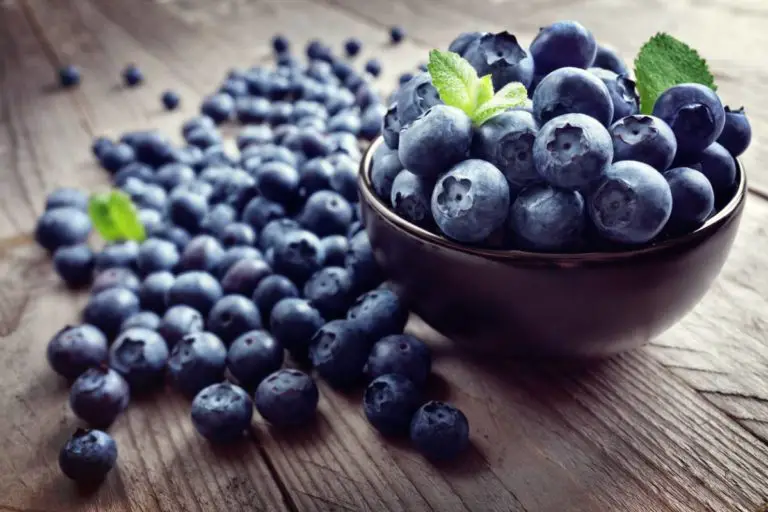
We have talked enough about sugar. Let’s switch to something more positive the health benefits
The short answer is yes, they can! In moderation, blueberries have several health benefits for your guineas. These delicious berries contain valuable antioxidants and vitamins that are great for both you and your guinea. Plus, guineas love them!
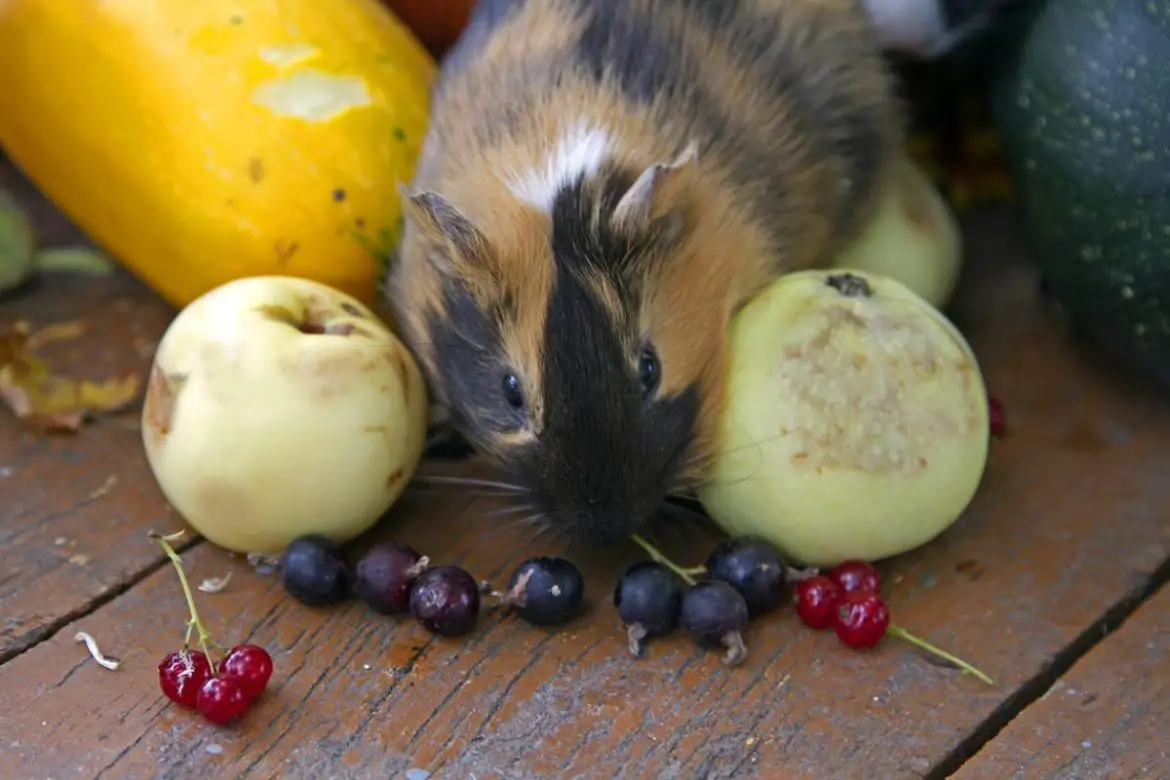
Can Guinea Pigs Eat Blueberries? Nutrition & Safety Guinea Pig Hub
As a general rule, guinea pigs can eat one or two blueberries once or twice a week. Blueberries are a healthy option because they contain antioxidants and vitamin C. However, they're also high in sugar and acidic, which is why blueberries must be given to guinea pigs in moderation.
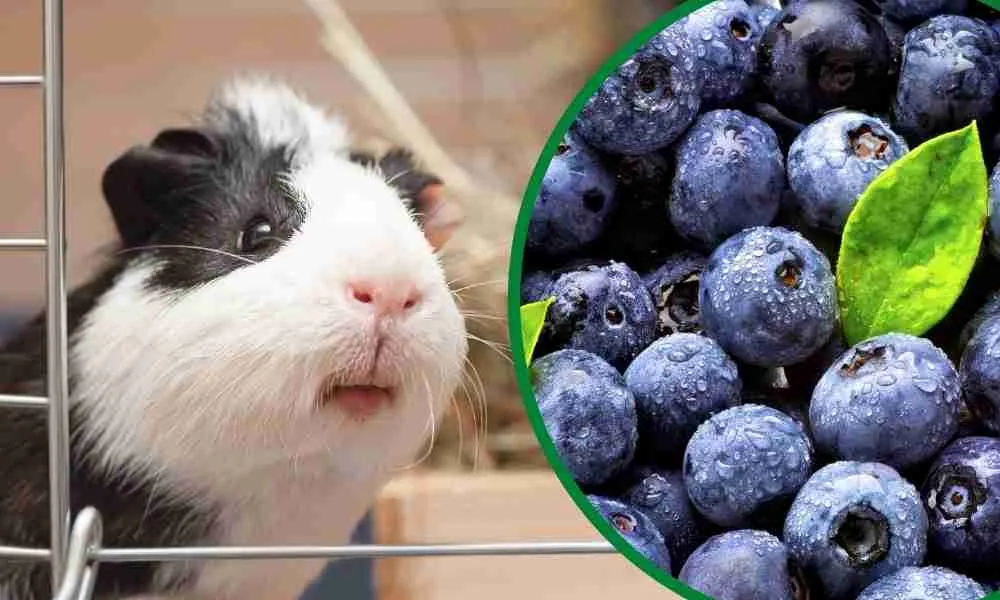
Can Guinea Pigs Eat Blueberries? (The 5 Benefits of Blueberry)
Step 1: Choose fresh and ripe blueberries only.An unripe or overripe blueberry can cause stomach problems in your guinea pigs. Step 2: Carefully wash the blueberries under a running tap to remove all traces of pesticides and dirt.Not doing this can expose your cavies to the risk of food poisoning.